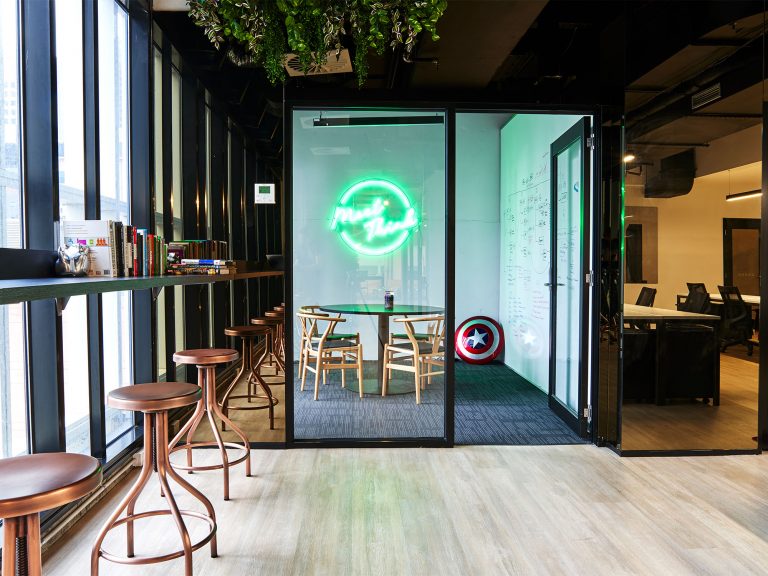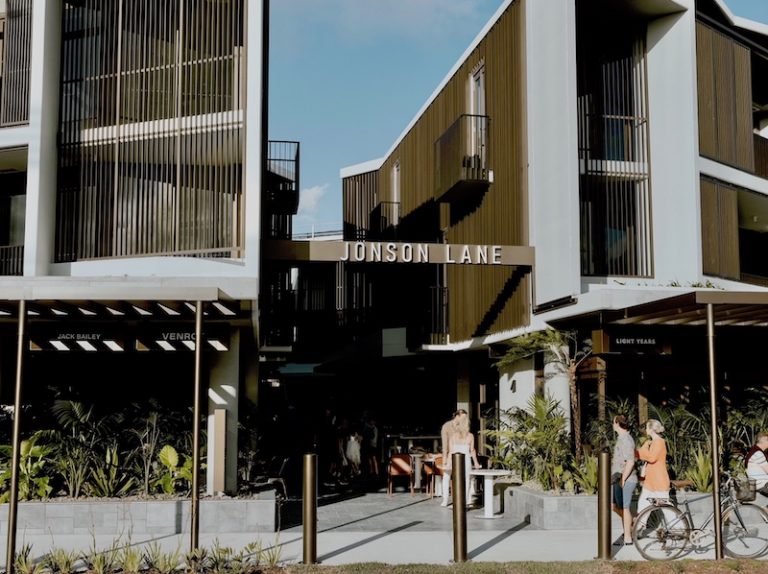Business continuity insurance: it might save your business

When the iconic Melbourne restaurant the Stokehouse burnt down, it was a reminder to all business owners that disasters can happen.
If a major event such as fire, flood or storm hits your business, business may stop but your costs won’t. Even if the building has gone, mortgage repayments, rent, staff salaries, utility bills can still keep rolling in.
According to a 2008 report by Insurance Council of Australia*, 26% of all small to medium-sized enterprises (SME) do not have any form of insurance and fewer than two thirds of SMEs have adequate insurance. This means that if a major event occurs, a lot of businesses won’t survive.
Business continuity insurance, or business interruption insurance, can help your business survive a major event by covering you for things like loss of gross revenue and business expenses including:
- Loan repayments
- Cost of moving to new premises
- Supplier costs
- Employee wages
- Leases on machinery and equipment.
You can also add ‘loss of attraction cover’ which, according to the Insurance Council of Australia (ICA), covers for instances “where a tourism-focused business has physically survived a disaster but the primary attraction in the region drawing customers to their business is damaged and no longer bringing customers”.
ICA urges people to make sure that their cover is adequate. According to a spokesperson “effective cover means taking into account present and future needs, particularly if you need to rebuild your business following a shutdown”.
“Businesses should research the estimated costs of rebuilding and use this to calculate their total sum insured,” the spokesperson said. “Talk to your local council about building codes for your area. New bushfire building codes may require rebuilding with fire-retardant materials which may add significantly to your rebuild costs.”
However, ICA believes that the most important factor when choosing Business Continuity Insurance is understanding your business: “What drives it, what is critical to your business being able to continue to generate income and meet your financial obligations. Working with a broker who understands your industry and the local area is a sound first step towards doing this.”
*Insurance Council of Australia, Non-Insurance in the Small to Medium Sized Enterprise Sector, 2008.







